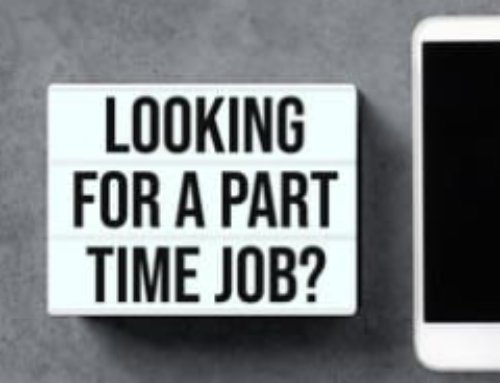Dear Sam: I am thinking about returning to the workforce remotely. I am in my late 60s and feel I have education and talents, but maybe not what is needed in today’s workplace. I have a B.A. in psychology and an M.A. in communication studies. I own and manage a consulting LLC, and my only consultant/employee is my husband. Other than this position, I haven’t worked for anyone in more than 10 years. Where should someone in my position begin? – Lauren
Dear Lauren: Super question, and I have no doubt you have the talents to add value to an employer. Your education will probably play a minimal role in determining what you are qualified to do next; after all, our experience makes our candidacy unique.
First, you would want to look at the scope of your experiences in your career and identify the intersection of your strongest qualifications with your interests. Next, research the market and opportunities that align with your qualifications, capabilities, and interests to pinpoint what seems like the best match for your brand. During this process, you will want to decide how much you want to work, whether part- or full-time, and in what type of culture you want to engage. I know you mentioned remote work, so this may limit some of your options depending on the kind of work you want to pursue. The key to differentiating yourself as an experienced professional would be to draw on past experiences where you can sell your industry or functional expertise that less-experienced candidates would not possess.
Most candidates do start to fear discrimination based on age and compensation assumptions (and more) when they possess 35+ years of experience, so it is vital you recognize that potential and not only present a competitive picture of your candidacy on your resume, but also leverage your network to open doors to opportunities rather than going through the traditional hiring channels. Networking to secure a referral of your candidacy for an open or potential position would allow the referrer to mitigate some of the assumptions a hiring manager may make about your candidacy, cost, and possible employment duration given you are beyond the traditional retirement age. Hence, getting someone else to ‘vouch’ for your desires and qualifications can go a long way.
I would, however, also beg the question of why you are seeking employment when you have been an independent practitioner for the past decade. Could you perhaps instead focus on building your consulting practice as a subject matter expert in your field? Are there other consulting organizations you could freelance for to gain additional work? I know self-employment comes with many limiting factors, but I just wanted to mention these potential options in case it was viable to continue to employ yourself and grow your business, or potentially diversify your engagements, which might be more successful ventures at this stage in your professional journey. Food for thought, perhaps.
Regardless of which path you choose, I do wish you the best.




